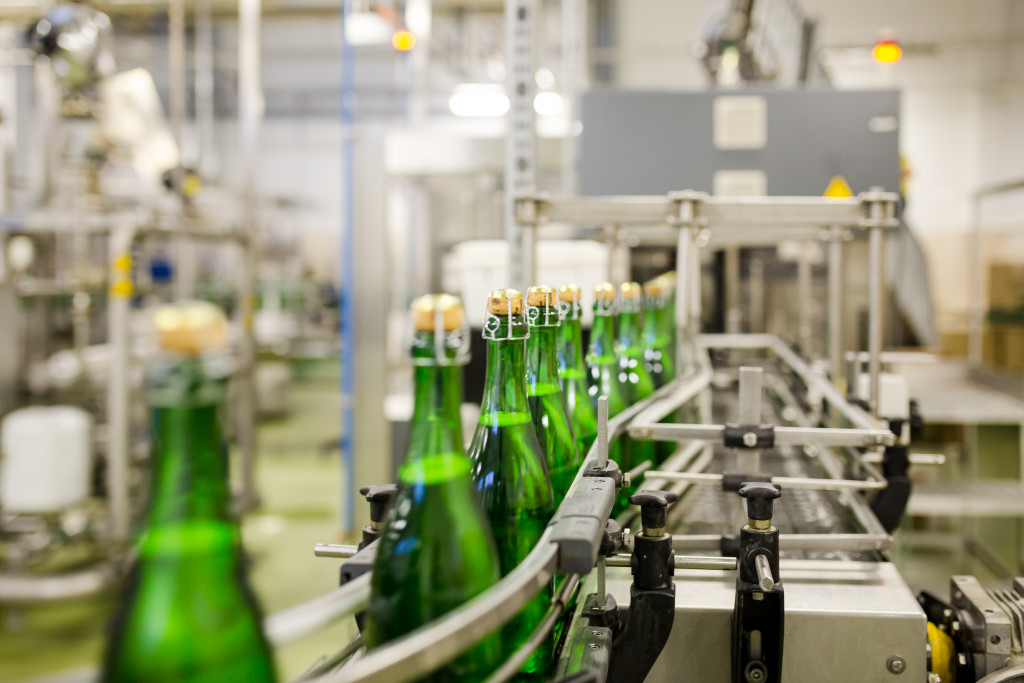Running a food and beverage manufacturing business is no easy task. There are many things to keep track of, from production to marketing to sales. But with the right tips, you can make your business more efficient and profitable. Here are some tips to help get you started.
1. Keep your manufacturing process as simple as possible.
The simpler your manufacturing process is, the less room there is for error. When you have a complex manufacturing process, you increase the chances of something going wrong. This can lead to production delays and lost profits. So, keep your process as simple as possible to avoid these issues.
You can do this by streamlining your production line and using automation where possible. This will help reduce the number of steps in your process and make it more efficient. You can’t automate certain things, but if you can automate even a few steps, it will make a big difference.
2. Invest in quality control.
Quality control is vital to ensure that your products are up to standards. This will help you avoid issues with customer complaints and returns. By investing in quality control, you can save money in the long run by avoiding costly mistakes.
Some things you can do to improve quality control include investing in better testing equipment, setting up a quality control department, and instituting stricter guidelines for your employees. If you can catch issues before they become problems, you’ll save time and money.
You can also try outsourcing your quality control to a third-party company. This can be a good option if you don’t have the resources to invest in a quality control department.

3. Improve your water system.
Water is crucial in the food and beverage manufacturing process. If you don’t have a good water system, it can lead to problems with your products. Common issues include microbial contamination, mineral buildup, and clogged pipes. You can avoid these issues by improving your water system to keep your manufacturing process running smoothly.
If you haven’t already, you should invest in a water softener system. This will remove impurities from your water and make it easier to work with. You should also invest in a reverse osmosis system to remove even more impurities. This will make your water even cleaner and help you avoid issues down the line.
4. Use energy-efficient equipment.
Every manufacturing business uses a lot of energy. And with energy costs continually on the rise, it’s important to use energy-efficient equipment whenever possible. This will help you save money on your energy bills and make your business more environmentally friendly.
You can make your equipment more energy-efficient by using LED lighting, investing in energy-efficient machinery, and using solar power. There are many options available, so there’s no excuse not to save energy where you can.
You can even invest in technology that will help you use less energy. For example, you can install sensors that automatically shut off lights when they’re not needed. This is a great way to save energy without compromising quality or productivity.
5. Implement a waste management system.
The food and beverage industry is notorious for producing a lot of waste. But if you have a sound waste management system, you can avoid environmental fines and save money on disposal costs.
You can reduce waste by recycling, composting, and reusing materials. You can also invest in technology that will help you reduce the waste you produce. For example, you can install a system to collect and reuse the water used in your manufacturing process.
Waste management is essential in running a food and beverage manufacturing business. By implementing a good system, you can save money, avoid environmental fines, and keep your business running smoothly.
6. Invest in employee training.
Your employees are your most important asset. If they’re not adequately trained, it can lead to problems with your manufacturing process. That’s why it’s essential to invest in employee training. You can keep your business running smoothly and avoid potential issues by providing your employees with the skills they need.
Employee training is an ongoing process. You should provide new employees with basic training on your manufacturing process and company policies. You should also provide ongoing training to keep your employees up-to-date on new procedures and changes. Some things you can do to provide training include setting up a training department, using online training tools, and providing on-the-job training.
Running a food and beverage manufacturing business is a challenging task. But if you follow these tips, you can make your business more efficient and improve your bottom line. Implement these tips, and you’ll be on your way to success.



